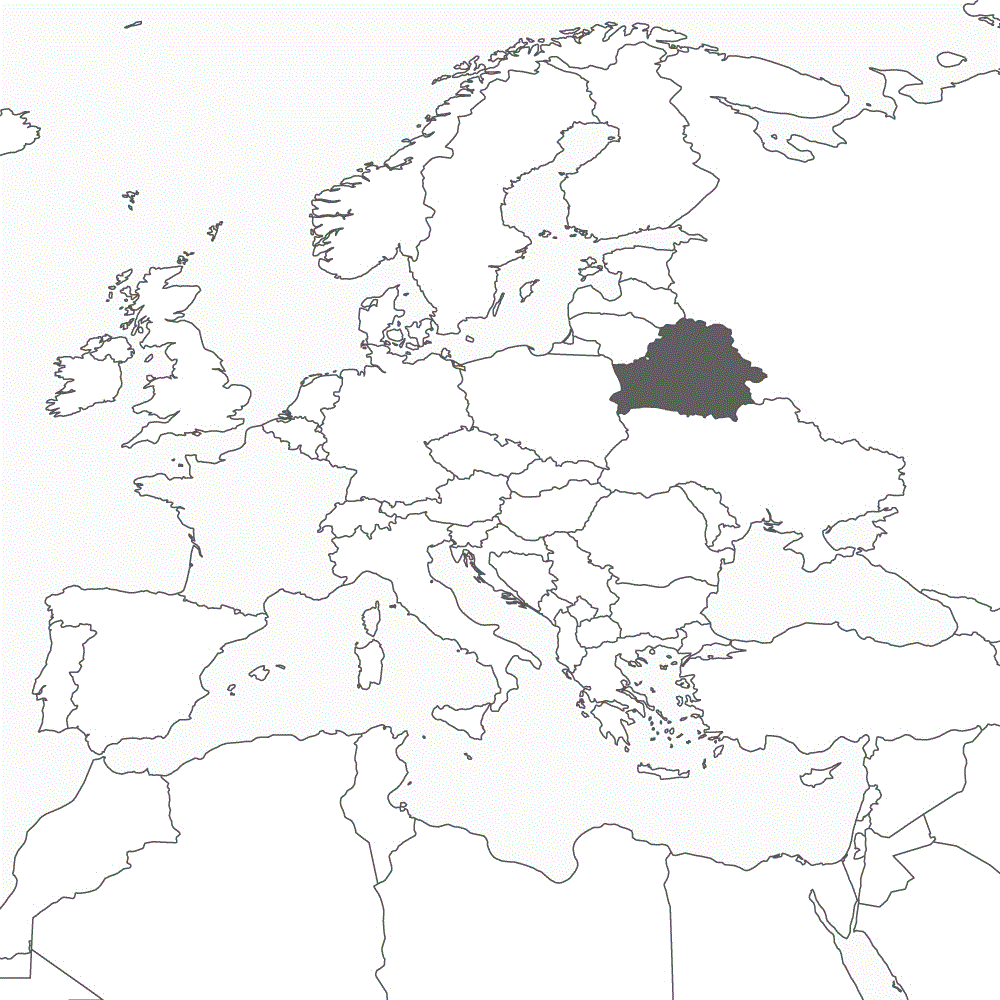,,Ganging up on Moscow"
CHISINAU/MINSK Following the transition of power in the Ukraine, German foreign policy makers are threatening Moscow with more loss of its influence in the neighboring states. The Centrum für angewandte Politikforschung (Centre for Applied Policy Research, CAP) states, that ,,the Russian attempt to transform the GUS into an integrated economic space similar to the EU"has ,,failed". The EU, on the other hand, ,,has proven its east European competence"through its extension to the East. Berlin seeks to engage several Eastern and Northeastern EU states in its anti-Russian policy and proposes particularly a ,,German-Polish cooperation"in relation to Belarus and the Ukraine. In the meantime, plans for organizing putsch movements in several GUS-states, patterned upon the model of the Ukraine, have become known.
Following a conference of experts, CAP reported that Russian plans ,,to transform the GUS into an integrated economic space similar to the EU (...) have to be considered as failed". This conclusion was drawn by experts in the conference ,,EU-Russia - partnership between cooperation and competition", organized by the German Bertelsmann Foundation and the CAP. 1)Besides the German foreign ministry and the Russian government, the foreign ministries of Poland and of the three Baltic states, Estonia, Latvia and Lithuania as well as Finland were participants in this conference in St. Petersburg, reports CAP.
40 Percent
The Central-eastern and Northeastern European states participating in this conference are characterized by various degrees of anti-Russian traditions. Berlin used these several times to forge anti-Moscow alliances. The Baltic States owe their independence to Germany's First World War Brest-Litovsk dictate and Baltic troops collaborated with Nazi-Germany against the Soviet Union. Even today, anti-Russian sentiment is widespread in Estonia, Latvia and Lithuania. During World War II, Finland joined Germany as coalition partner. According to a recent poll, 40% of the Finnish population find Finland's claims to Russian territory ( ,,Karelia") justified. German regionalization specialists are also active in this region. 2)
Original sphere of influence
Poland, which always had to defend itself against attacks from the West (Germany) and form the East (Russia), also allied itself temporarily with Germany against its Eastern neighbor, particularly during the anti-Soviet attack immediately following World War I. Since some time, Berlin has been trying to revive the German-Polish alliance in order to enlarge its influence on the Ukraine and Belarus via Warszawa. 3)Gesine Schwan, the Federal Government's Commissioner for Poland explained, that the EU's eastern neighboring states are within Poland's ,,original sphere of influence"and Poland knows these states very well. German-Polish cooperation in eastern European policy would therefore be ,,a huge step forward." 4)Observers believe that Ms. Schwan is seeking to loosen the bonds between Warszawa and Washington and to bind Poland to German East European policy. According to the Federal Government Commissioner for Poland, the East European policies of Germany and Poland are still setting ,,different accents", but this ,,doesn't have to be for always".
Putsch advisors
While Berlin is using the Eastern and Northeastern EU states to tighten the ring around Russia, diversion efforts are being intensified at the periphery of Moscow's hegemony. Activities are aimed at Belarus, Moldavia and other GUS-states employing the usual means. EU-parliamentarian Bogdan Klich for example, would like to broadcast programs of Radio Racja to Minsk to promote western values. The European Commission is considering financing this project. Between 1999 and 2002 this PR-station, located in Poland, had helped in several anti-government operations against Minsk. 5)The opposition in Belarus and Moldavia is using the example of the putsch movement of the western Ukraine and -according to media reports - has made contact to ,,Otpor". This Serbian organization was mainly responsible for the overthrow of the government in Belgrade in 2000 and has been acting as a professional putsch advisor in several countries since. 6)Besides Belarus and Moldavia, reports in the German media are naming Kazakhstan and Kirghizia as possible sites for anti-Russian revolts. 7)
Partnership
Even though the destabilization of Russian border regions is being openly pursued and is serving the common interests of German and US foreign policy, Moscow seems to be taking it lightly. As the Russian foreign minister declared this week, GUS and the USA are obliged to cooperate in order ,,to cope with crises"around the world. Even though the new US foreign minister's announcement to interfere in Russian domestic affairs have to be rejected, one trusts the ,,seriousness"of the State Department. Moscow and Germany are also linked through a deep seated ,,partnership", Sergej Lavrov, the Russian foreign minister declared.
1) Russland am Scheideweg; Bertelsmann Forschungsgruppe Politik 12.01.2005
2) Lavrov criticizes Finnish poll on status of Karelia; RFE/RL Newsline 19.01.2005
3) see also New Policies for the East
4) Schwan fordert deutsch-polnische Außenpolitik; Financial Times Deutschland 10.01.2005
5) Brussels reportedly to consider funding information center for Belarus; RFE/RL Newsline 14.01.2005
6) Dramaturgie der Straße; Welt am Sonntag 26.12.2004
7) Ukraines Nachbarn fürchten Revolutionsexport; Financial Times Deutschland 19.01.2005
see also Further and Furtherand Spheres of influence
